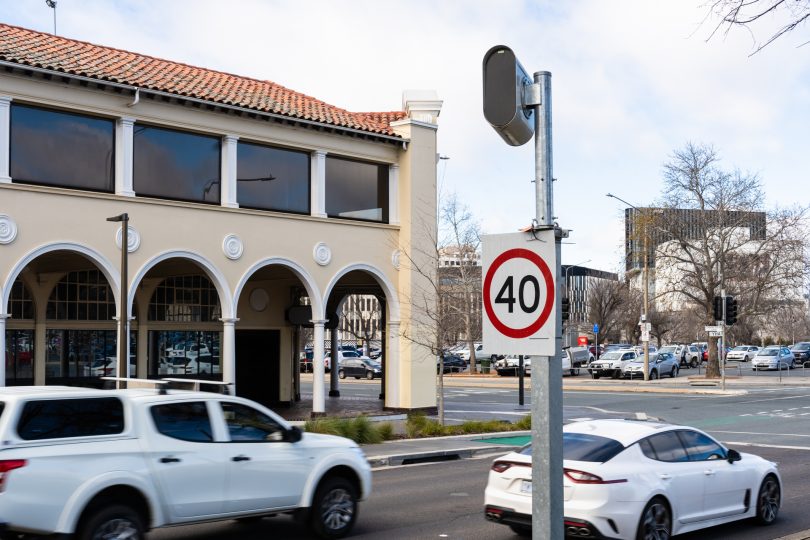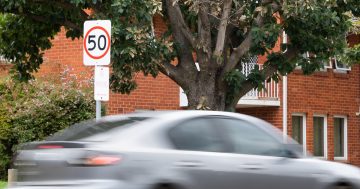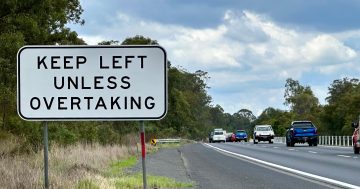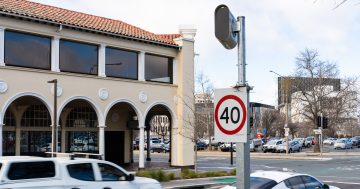
A 40 km/h zones in Civic. Less income, smaller fine? Photo: File.
The so-called Civic speed trap has been the catalyst for another call for income-based fines, not just for speeding but a range of other offences and charges.
Although clearly marked, the 40km/h zones have caught thousands of drivers oblivious to the signs and in denial that the city’s main thoroughfare could be reduced to such a crawl.
But an assembly committee recommended some waivers be issued due to financial hardship, prompting the ACT Council of Social Service to call for a fairer system of penalties and charges that would reflect a capacity to pay.
It’s not that revolutionary, having been a part of the northern European justice system for many years, although England and Wales tried it for a short time, but neither magistrates nor the public liked it.
The scheme was replaced by requirements that magistrates consider an offender’s means when imposing a fine, just not according to a mathematical formula.
In Finland, the higher the income, the more you pay, but ACTCOSS appears to be focused on reducing the impact on the Territory’s 40,000 low-income households, so don’t expect to see a $100,000 speeding fine any time soon.
The principle is much like that of progressive tax rates.
There is no doubt that a fine of hundreds of dollars will have a disproportionate impact on someone of low to average means than the many high-income earners who enjoy life in the national capital.
But there are already ways to mitigate the damage.
In 2020, legislation introduced by Greens MLA Caroline Le Couteur enabled payment plans and community services in place of fines to ease this burden.
And drivers with excellent records – a clean sheet of at least five years – can already apply for a fine to be waived, and speaking from experience, that does happen.
The question is, by how much would income-based fines dilute their deterrent value, especially if they were not raised for higher-income earners, remembering that the goal is road safety not generating revenue.
The penalty still needs to inflict enough pain to hopefully change behaviour, a point that can be forgotten in the quest to make it easier for those doing it tough.
So to be workable and send the same message to people of differing means, the range of fines would need to increase across income groups.
The administration of such a scheme based on income quintiles would throw up its own injustices at its arbitrary cut-offs.
It would be a courageous government indeed that did this.
The best social justice advocates can hope for is a system that is flexible and discretionary but still retains its essential integrity and purpose, which is to support, in this instance, the safe system of road usage we all enjoy.
The bottom line is that if you don’t want a fine, obey the road rules.





















